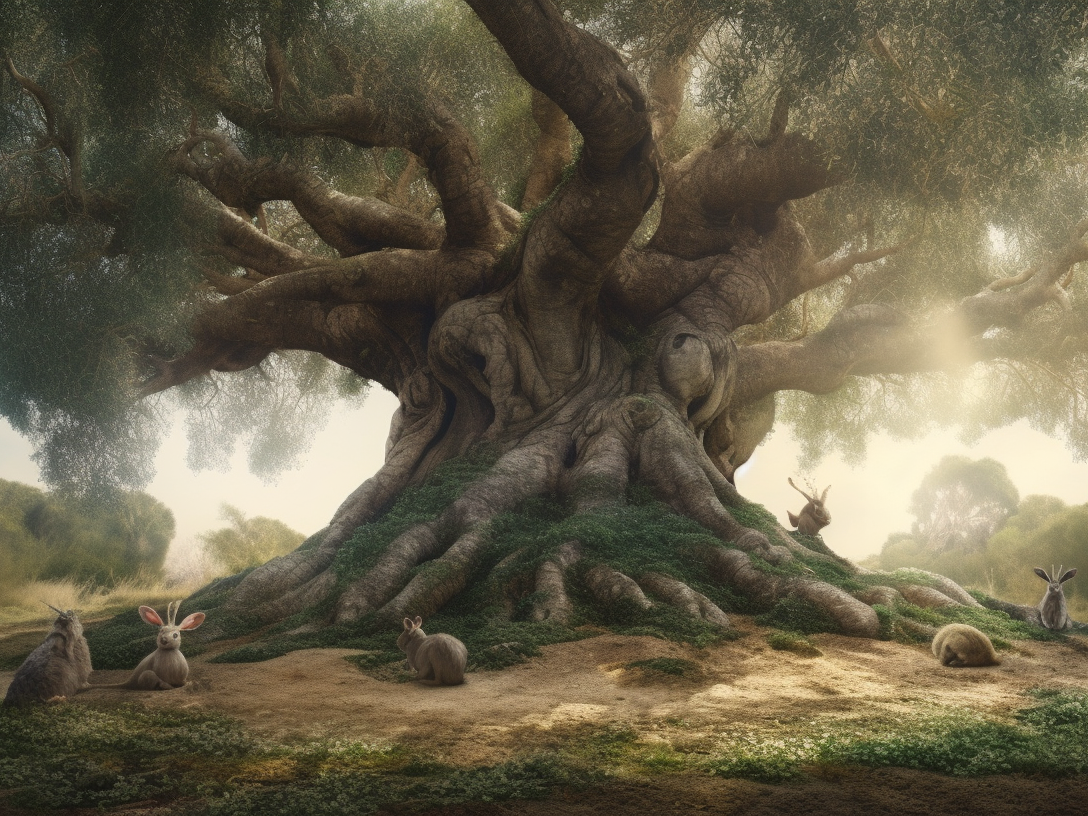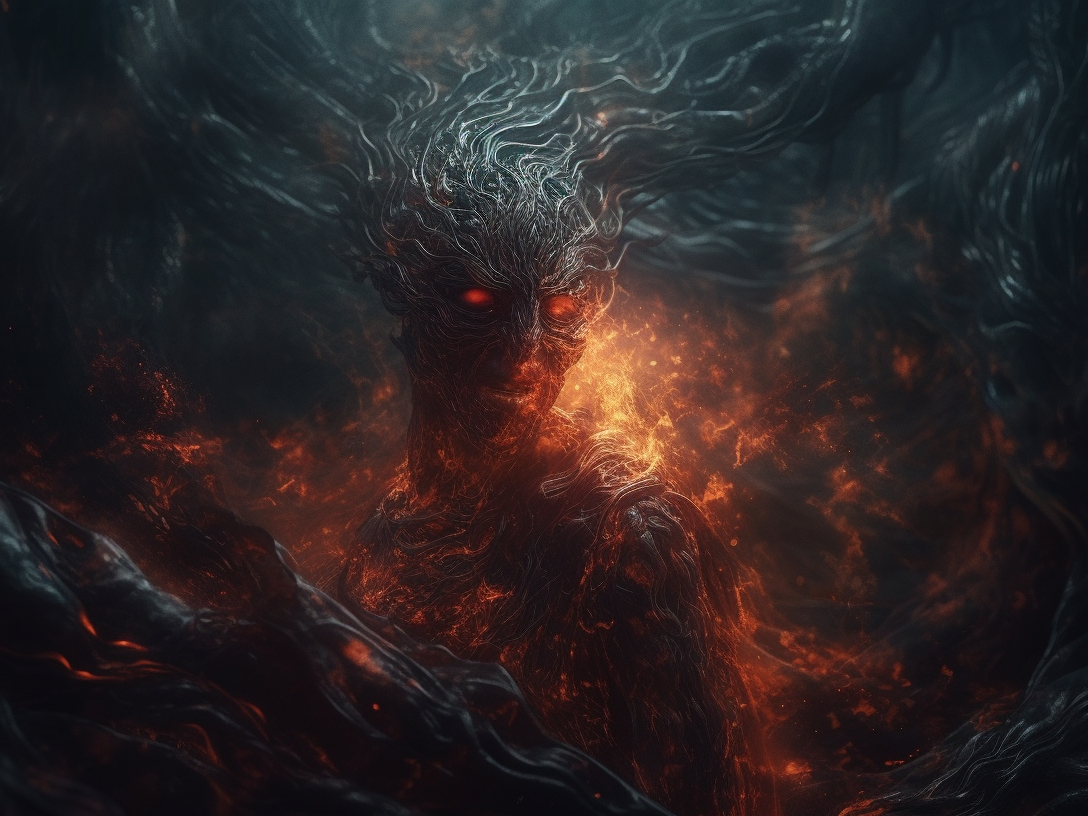There is a comedy club in Greenwich Village called the Comedy Cellar, it’s a hole in the wall with low ceilings, elbow-to-elbow seating, and a worn brick wall that has seen comedians from Dave Chapelle to Kevin Hart, and Jerry Seinfeld. But what happens when the curtains close and the spotlight dims, when the performance is over and the only thing keeping someone company is their thoughts? When comedians step off stage, they aren’t proud, they are alone. A crowded room is emptied in a second, and an idol quickly becomes a person again.
This is the Sad Clown or the Stanczyk Paradox, the idea that those who bring joy are often the saddest. Inspired by a painting by Jan Matejko finished in the mid-19th century, in which a court jester is seen lost in thought and despair, feet away from a raging party, this Paradox depicts the self-sacrifice of comics, working to make others laugh, while unable to find happiness themselves.
Comedians are blessed with skepticism, quick-wittedness, and high intelligence, tools of the trade that quickly become a curse. The more intelligent someone becomes, the more self-awareness they gain, and the stranger the world around them seems. These people analyze their lives, determine the rights and the wrongs, and act as their own judge, jury, and executioner. Robert Burns describes this phenomenon in his poem, To a Mouse:
Still, thou art blest, compar’d wi’ me!
The present only toucheth thee:
But Och! I backward cast my e’e,
On prospects drear!
An’ forward tho’ I canna see,
I guess an’ fear! (Burns, lines 43-48).
A field mouse is not bothered by the future, but rather by its present. A farmer, with his great knowledge and complex machinery, worries more than a little mouse in a field of wheat.
Comedians often become trapped in a cruel cycle of despair and false validation. Robin Williams left his mark on a generation with witty humor and lighthearted skits before committing suicide in his home after a long battle with depression. On Saturday nights, John Belushi charmed New York City with his exaggerated characters and loveable demeanor. He was found dead at thirty-three, the victim of an accidental overdose. John Candy, the king of comedy in 1980, nearly drank himself to death. They lit up rooms and charmed audiences but could never find happiness themselves.
Scientists from the University of Oxford have identified two competing traits, introverted anhedonia: the inability to feel pleasure; and extroverted impulsiveness, which leads to the strange combination of depression and the need for attention seen in comics.
In an interview, Rain Pryor, the daughter of comedian Richard Pryor, described her father, saying, “My dad’s humor came from life, and I don’t think Dad had a choice”, “You either laugh your way through it, or you die through it.” (CNN)
At some point, comedy becomes a distraction from one's fears. Comedians cheer up others so that they never have to think about themselves and the moment they stop, everything catches up.










